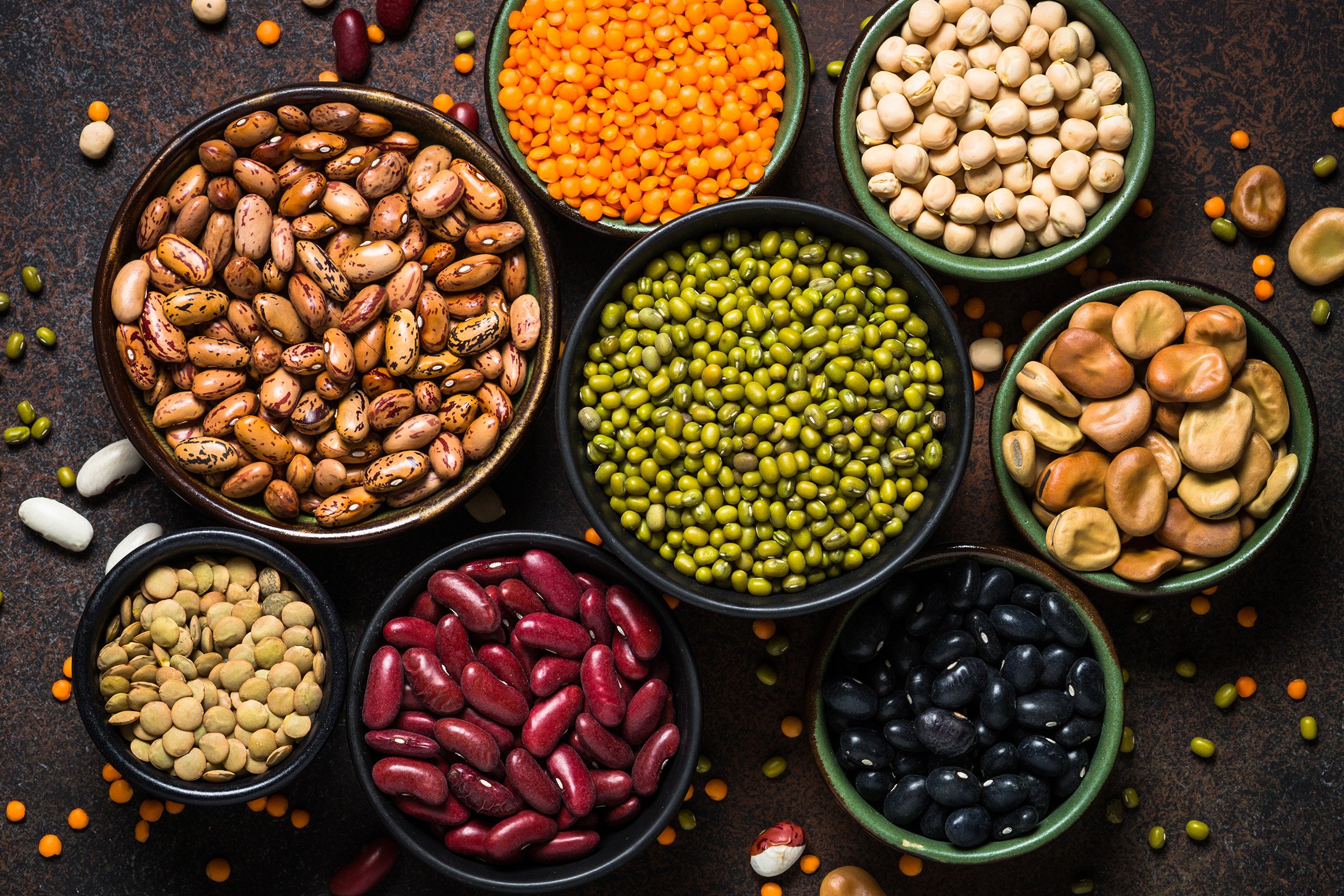Nature Knows and Psionic Success
God provides
13 Health Benefits of Manganese Supplements + Side Effects

We need small amounts of manganese for stronger bones and sharper brains. It may also protect against depression, seizures, diabetes, and cancer, but beware when supplementing with this metal, because higher doses can be toxic. Manganese is a trace metal essential to all forms of life. It is required for the normal development , growth , and function of our bodies [ 1 , 2 , 3 ]. Manganese serves as an essential part of important enzymes such as glutamine synthetase and superoxide dismutase [ 4 , 2 ]. These enzymes play a role in: Manganese is a required part of a healthy diet. However, despite its many benefits, exposure to excess levels can be toxic [ 8 ]. That is why it is necessary to keep manganese levels in balance . Because it’s found pretty much everywhere, you’re more likely to have excess manganese than to be deficient . Manganese, within antioxidant enzymes, protects against oxidative stress and cell damage [ 9 ]. Manganese superoxide dismutase ( MnSOD ) is the cell’s most important antioxidant enzyme . It neutralizes the toxic effects of reactive oxygen species (ROS) in mitochondria. MnSOD also protects cells from inflammation and cancer-causing agents, such as toxic chemicals and radioactive materials [ 10 , 8 , 11 ]. If you are deficient in manganese, you will have reduced MnSOD activity, which leads to cellular damage and dysfunction [ 11 ]. Support your MnSOD by making sure you get enough manganese. In a study of 47 young women, those taking manganese supplements had lower oxidative stress [ 12 ]. As part of an important antioxidant enzyme called superoxide dismutase, manganese protects against oxidative stress and free radicals. Several enzymes important for brain function work only in the presence of manganese [ 13 ]. In a […]
Click here to view full article
